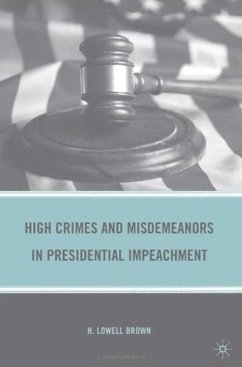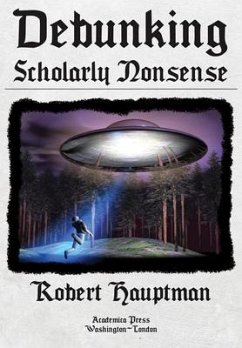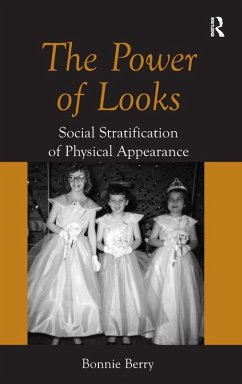
Scholarly Crimes and Misdemeanors
Violations of Fairness and Trust in the Academic World
Versandkostenfrei!
Versandfertig in 1-2 Wochen
167,99 €
inkl. MwSt.
Weitere Ausgaben:

PAYBACK Punkte
84 °P sammeln!
This book explores the problem of scientific dishonesty and misconduct, presenting examples of the various forms it takes and examining the reasons for its occurrence. Addressing the experience of victims and perpetrators' reactions to being accused, it considers the role of witnesses and bystanders. The authors offer a theorization of the phenomenon in criminological terms as a particular form of crime, before examining the possibilities that exist for the prevention and control of scholarly crime, as well as implications for further research.













